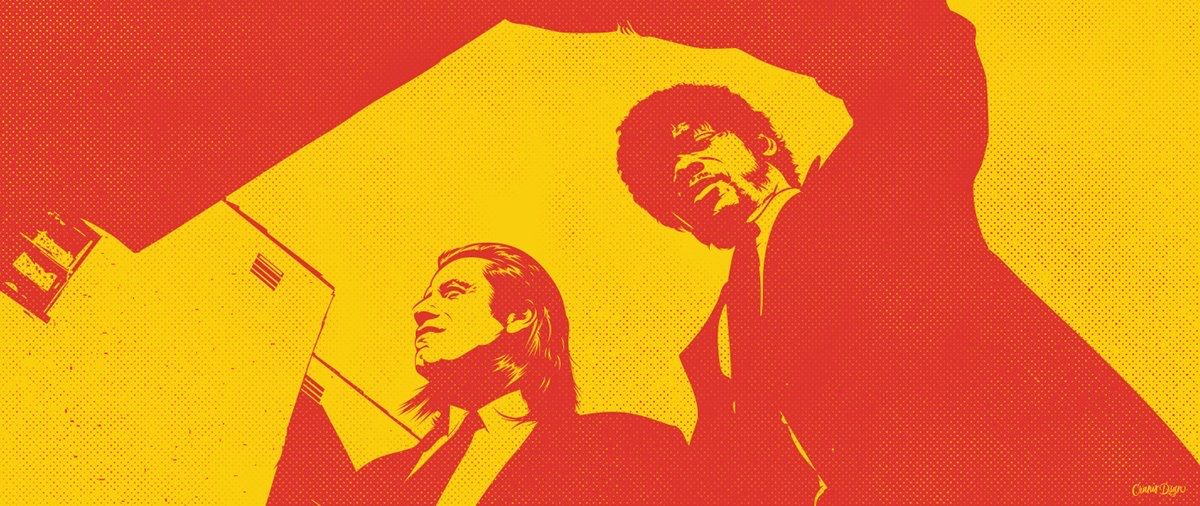Valerie and Her Week of Wonders is a 1970 movie directed by Jaromil Jires.

Valerie and Her Week of Wonders tells the story of Valerie, a 13-year old who is coming of age. Her development leads to strange events, including her grandmother trading her soul for eternal youth, pursuit by vampires and her eventual unsuccessful burning at the stake. Jires creates a brilliantly strange and dreamy atmosphere that features intriguing lighting and camera decisions. Jaroslava Schallerova gives a comical, aloof performance as Valerie.
THE BEST – Burned at the Stake
This is probably the funniest scene of the movie. Since Valerie has protection from the flames, she taunts her captors – when they demand a confession, she sticks her tongue out at them.
THE WORST – For Most of the Movie, I Had No Clue What Was Happening
I’m not ashamed to admit this.
FOX FORCE FIVE RATING – 3.75/5
Valerie and Her Week of Wonders blends genres to create a dreamy, experimental vision. It’s a strange movie but wildly unique.


